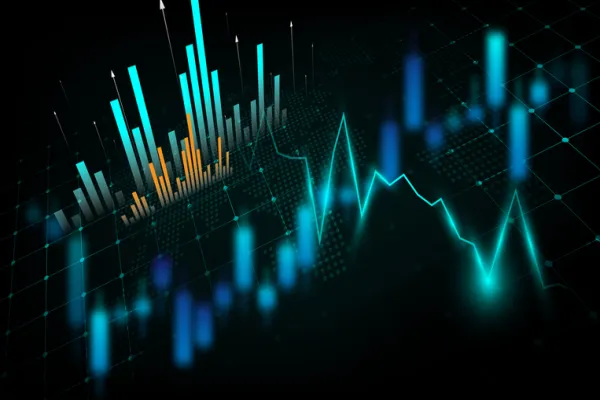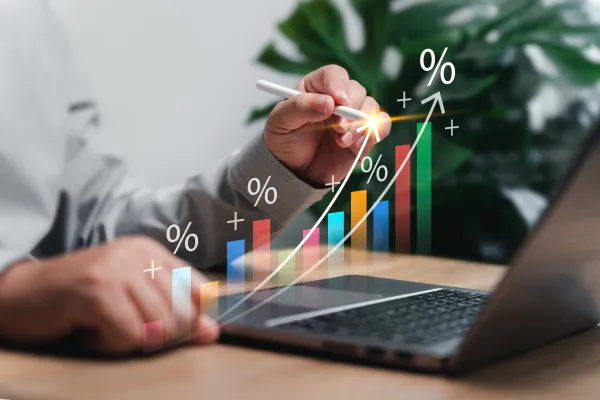Steve waygood leads an effort whose goal he describes as “making capitalism work better.” Head of sustainability at $420 billion, London-based asset management firm Aviva Investors, Waygood is calling on the world’s stock exchanges to encourage listed companies to step up environmental, social and governance (ESG) reporting. “We have yet to see leadership from large developed-market stock exchanges on this,” he says.
Though governments are pushing investors to be long-term and sophisticated in their analysis of companies, Waygood asks how that’s possible when companies themselves often provide thin, short-term information. He has a personal stake in this question given that Aviva mostly invests on behalf of institutional investors like pension funds, endowments and foundations.
“Many of these sustainable development issues can cause huge risks within the global macro economy,” says Waygood, who started his career as ethical investment manager at the U.K. arm of the World Wildlife Fund and led the investor responsibility team at London’s Insight Investment Management. “If that’s not dealt with now, the absolute value of the portfolios we invest in will decline, since they’re subsets of the global economy.”
The role that exchanges can play in addressing this problem was the main topic at last September’s Sustainable Stock Exchanges 2010 Global Dialogue, convened by the United Nations and cosponsored by Aviva as part of the World Investment Forum in Xiamen, China. Waygood notes that regulators and exchanges from emerging markets are the biggest proponents of the sustainable exchanges initiative.
He points to Bursa Malaysia, which started publishing corporate social responsibility guidance for its companies in 2006. In November the exchange introduced a business sustainability program that includes a guide for corporate directors on ESG practices and reporting and an online portal containing information about sustainability tax incentives, laws and case studies.
Waygood thinks emerging-markets exchanges are keen to raise ESG reporting standards partly to differentiate themselves. But he contends that for strategic and other reasons, exchanges in developed markets have as much to gain. “In broader society they long hadn’t been seen as institutions that could affect the quality of the economy,” Waygood says. “Postcrisis that is now very well understood.”
Peter Clifford, deputy secretary general of the World Federation of Exchanges (WFE), says his organization and several of its 130-odd member exchanges are involved with the International Integrated Reporting Committee, which is developing guidelines for reporting companies’ environmental and social impacts. London Stock Exchange CFO Doug Webb and Tokyo Stock Exchange Group CEO Atsushi Saito sit on the committee.
Conceding that exchanges may not go as far as Waygood wants, Clifford says they’re justified in holding back. With initial public offerings on the decline, stock markets must take care not to discourage companies from listing. “When that happens, there’s no transparency at all,” he says.
It may be unreasonable to ask exchanges in more-developed jurisdictions to unilaterally change their listing rules, says Dan Siddy, founder of Oxford, England–based sustainable investment advisory firm Delsus. What’s possible in emerging markets — where exchange and regulator are often the same — doesn’t necessarily translate for the EU or the U.S. “Exchanges in these markets are just one part of a much more complex ecosystem,” Siddy says.
The world’s regulators could be steering that ecosystem toward more disclosure. Jane Diplock chairs the executive committee of the International Organization of Securities Commissions (IOSCO), whose current focus is finding and fixing the systemic risks that led to the financial meltdown. As IOSCO and the regulators under its umbrella improve their understanding of systemic risk, Diplock predicts, exchanges will better grasp how ESG reporting can reduce that risk and how it helps keep markets healthy. This convergence, she says, “will be seen as the mark of a modern exchange.”






